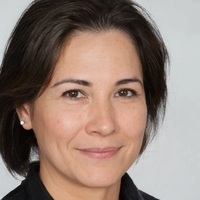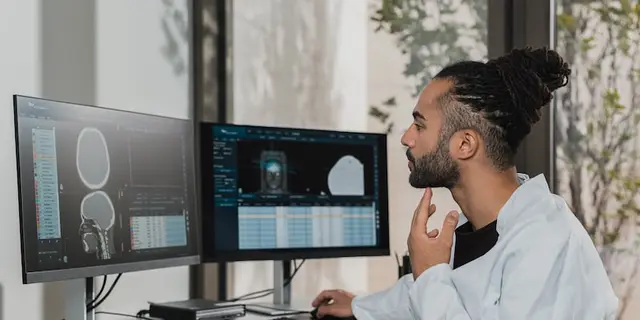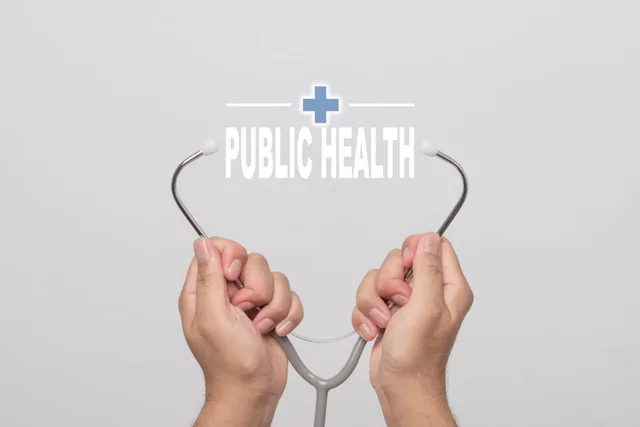
Is it true that the US has a shortage of primary care physicians?
Exploring the Causes of the US Primary Care Physician Shortage
In the United States, there is a shortage of primary care physicians. This shortage has been worsening in recent years, with projections suggesting that by 2030 the shortage could reach up to 49,300 primary care providers. In light of this, it is important to understand the causes of the shortage in order to develop strategies to address it.
Rising Demand for Primary Care Services
The demand for primary care services has been steadily increasing over the past few years. This is due to a combination of factors, including an aging population, the implementation of the Affordable Care Act, and an increased focus on preventive care. As a result, there is an increased need for primary care providers, but there is a limited number of physicians to meet this demand.
Decline in Primary Care Physicians
At the same time, there has been a decline in the number of primary care physicians. This is due in part to medical students choosing to specialize in other fields, such as surgery or radiology. It is also due to the fact that many primary care physicians are retiring or leaving the field due to burnout or dissatisfaction with the current healthcare system.
Geographical Distribution of Physicians
The geographical distribution of physicians is also a factor in the shortage. Many primary care physicians are concentrated in urban and suburban areas, leaving rural areas with a limited number of providers. This can make it difficult for rural residents to access the care they need.
Lack of Incentives for Primary Care Physicians
The current healthcare system also provides little incentive for primary care physicians. Reimbursement rates are often lower than those for specialists, and primary care physicians often have to spend more time with each patient. In addition, primary care physicians are often overwhelmed with paperwork, which can be a deterrent for those considering entering the field.
Conclusion
The shortage of primary care physicians in the US is a serious issue that must be addressed. With the growing demand for primary care services and the decline in the number of primary care physicians, it is clear that action must be taken in order to ensure that everyone has access to quality healthcare. Understanding the causes of the shortage is the first step in developing effective strategies to address it.
Assessing the Impact of the US Primary Care Physician Shortage on Quality of Care
The United States is facing a shortage of primary care physicians, which is having an impact on the quality of care that is available to patients. While the exact numbers vary, estimates suggest that the US is short of around 22,000 primary care physicians. This shortfall is particularly acute in rural areas, where many doctors are unwilling to practice due to the lower wages and lack of specialized medical equipment.
The shortage of primary care physicians has a direct effect on the quality of care that patients receive. For instance, patients may have to wait longer for routine appointments, as there are fewer doctors available to provide those services. When appointments are available, the amount of time spent with a doctor is often much shorter, as they must see more patients in a given day in order to make up for the lack of staff.
The shortage of primary care physicians also has an impact on the availability of specialty care. For example, if a patient needs to see a specialist or receive treatment for a chronic condition, they may not be able to find a doctor who is willing to take them on as a patient. This can lead to delays in care, which can have an adverse effect on a patient's health.
The shortage of primary care physicians also has an indirect effect on the quality of care. For instance, if there are fewer primary care physicians, the remaining ones may become overburdened with patients and unable to provide the same level of care that they would be able to if the staff levels were increased. This can lead to lower quality care, as well as longer wait times and other issues.
The shortage of primary care physicians is a serious issue and one that must be addressed if the US is to provide its citizens with the highest quality of care possible. The government should take steps to increase the number of primary care physicians by offering incentives for doctors to practice in rural areas, increasing the number of residency slots available, and making sure that primary care physicians are paid at a rate that is commensurate with their expertise.









